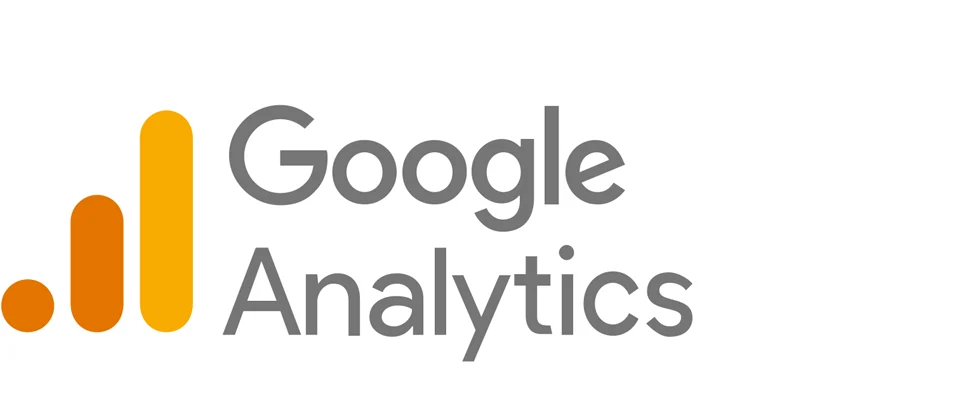Ongoing analysis and optimisation helps maintain a robust online presence is paramount for success. One key strategy for achieving this is consistently analysing and optimising your website. This ongoing process ensures that your website remains competitive and enhances its performance and user experience. Let’s look into the benefits of continuous website analysis and optimismation, exploring powerful tools to help you stay at the forefront of your industry.
Regular attention to your website's performance will increase user satisfaction, higher search engine rankings, and business success.
Benefits of Website Analysis and optimisation:
Ongoing analysis and optimisation of your website are essential for staying competitive in today’s digital landscape. By leveraging the benefits of website analysis and utilising powerful tools, you can ensure that your online presence remains vital, relevant, and at the forefront of your industry.
Improved User Experience:
Regular website analysis allows you to identify and address issues affecting user experience. By understanding how visitors interact with your site, you can make informed decisions to enhance navigation, layout, and content, ensuring your audience’s seamless and enjoyable experience.
Enhanced Performance:
Analysing website performance metrics enables you to identify bottlenecks and optimise loading times. Faster-loading pages improve user satisfaction and positively impact search engine rankings, contributing to better visibility and increased traffic.
Effective SEO Strategies:
Website analysis tools provide insights into your site’s SEO performance. By understanding how your content ranks in search engine results, you can tailor your SEO strategy, optimise keywords, and create content that resonates with your target audience.
Responsive Design Optimisation:
With the growing use of mobile devices, having a responsive website is crucial. Website analysis helps you identify areas for improvement in mobile responsiveness, ensuring that your site functions seamlessly across various devices and screen sizes.
Identifying Conversion Opportunities:
Analysing user behaviour lets you pinpoint areas where visitors are most likely to convert. Optimising a specific product page, a contact form or a call-to-action button can significantly increase conversion rates.
Tools we use for website analysis and optimisation:

A powerful and accessible tool, Google Analytics provides comprehensive insights into website traffic, user behaviour, and conversion data. It allows you to track marketing efforts’ effectiveness and identify areas for improvement.

An essential tool for website owners, Google Search Console provides valuable insights into how Google views your site, helping you identify and fix potential issues that could affect your search engine performance.

Google’s PageSpeed Insights assesses your website’s performance and provides suggestions for improvement. Optimizing your site’s speed enhances user experience and positively impacts search engine rankings.

Wincher is a user-friendly tool that specializes in tracking your website’s search engine rankings. It provides valuable data on keyword performance and helps you monitor your website’s position in search engine results.

SEMrush is a versatile tool that provides detailed information on your website’s SEO, including keyword performance, backlink analysis, and competitor research. It helps you stay ahead of industry trends and ensures your content remains relevant.





